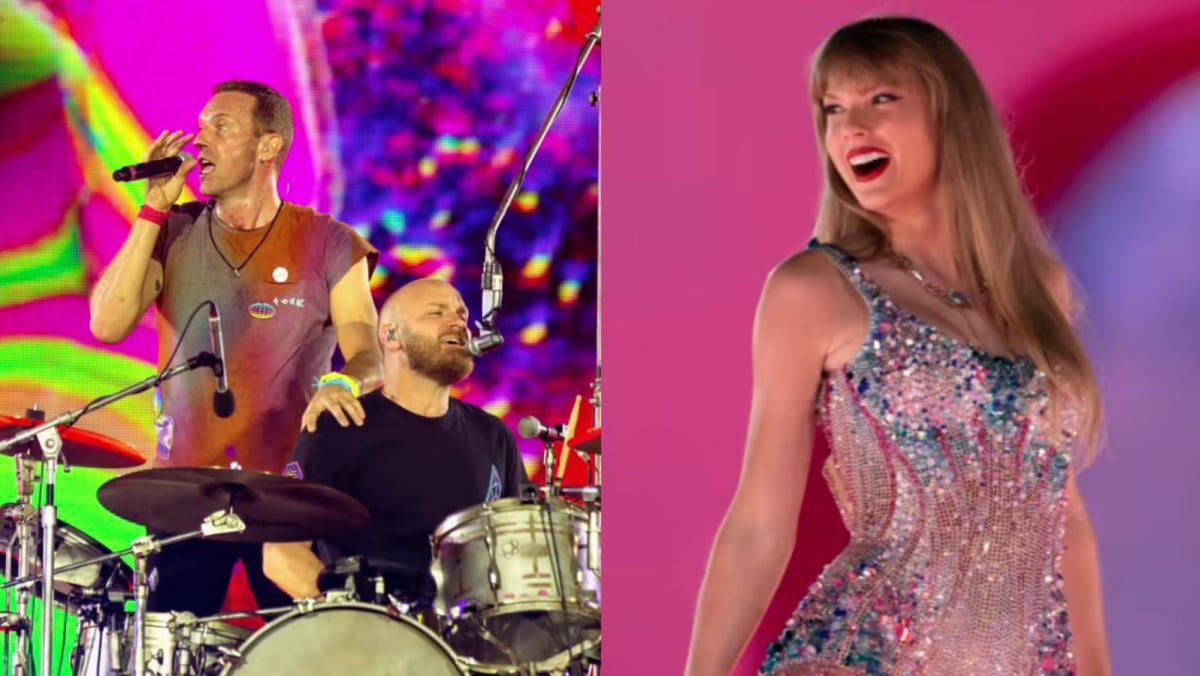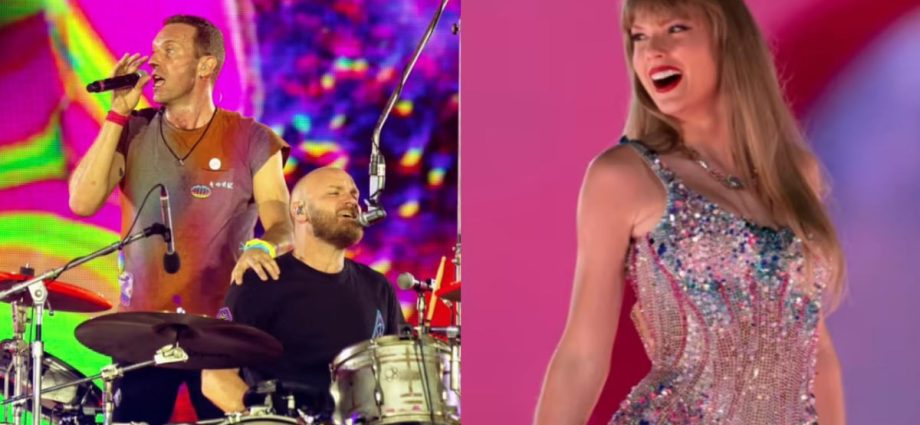
STB’S PROMOTION EFFORTS
Dr Barkathunnisha from World Women Tourism said the music and entertainment industry is part of the MICE (meetings, incentives, conferences and exhibitions) sector, with Singapore being a MICE centre in Southeast Asia.
“There are plenty of grants and incentives provided by STB to support the MICE sector, especially in the pandemic recovery phase,” she said.
“These initiatives have established Singapore’s brand as a global and regional hub for music and entertainment, enabled Singapore to tap the dynamic growth of music markets in the region and, also opened many opportunities for collaboration between our city-state and the stakeholders in the global music industry.”
Many global music companies have also set up shop in Singapore, such as Universal Music Group which established its Southeast Asia regional headquarters here, she added.
Elaborating on STB’s efforts, Dr Barkathunnisha said it has been developing strategic tie-ups in the region and even partnered with Grammy-nominated singer-songwriter Charlie Puth as well as record label Warner Music to promote Singapore as a music and entertainment destination.
STB also recently collaborated with Hong Kong-born K-pop star Jackson Wang, who recorded a series of travel vlogs in Singapore.
WORLD-CLASS INFRASTRUCTURE
In terms of facilities, Singapore has world-class infrastructure and state-of-the-art venues that are well-equipped to host large-scale concerts, said Dr Barkathunnisha.
Some examples are the Victoria Memorial Hall and Esplanade to “cater to different types of events or concerts”, Mr Khoo noted.
“The venues themselves are also vying for different acts … So that’s good,” he said. “We’ve created a little bit of an ecosystem there that tries its best to pull in K-pop artistes, Japanese artistes, or European or American artistes to come over to Singapore.”
While Singapore has been able to attract big names even before the pandemic, Mr Khoo pointed out that pent-up demand from COVID-19 restrictions could have led to an increase in demand for concerts, leading to artistes like Coldplay adding more performances in Singapore.

